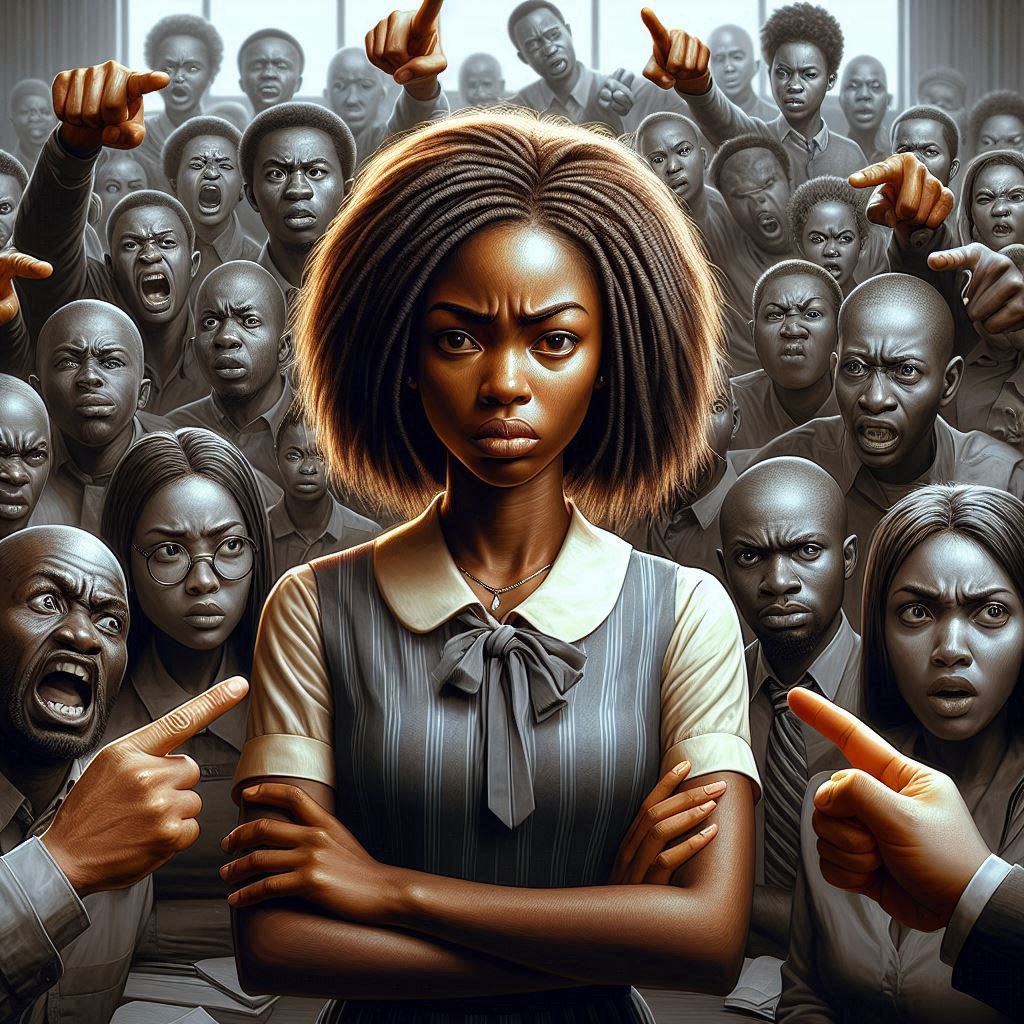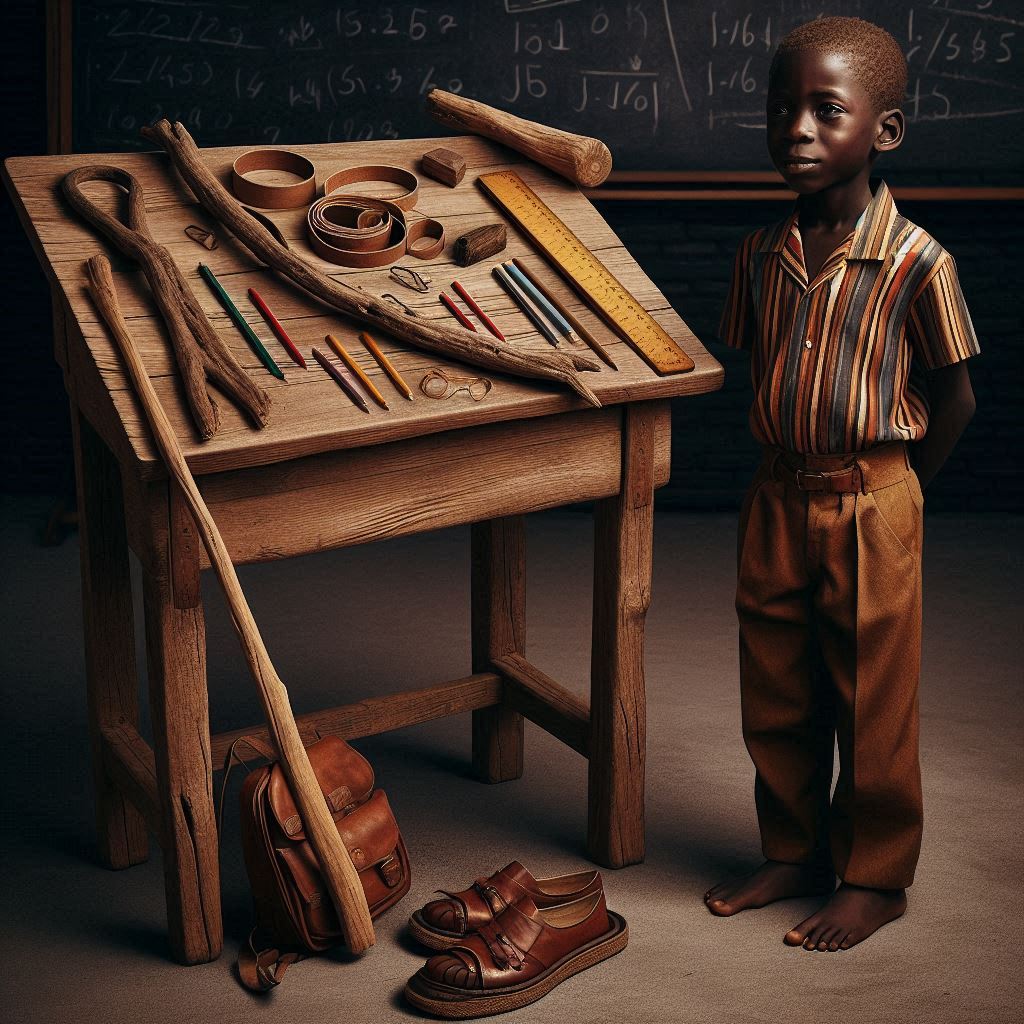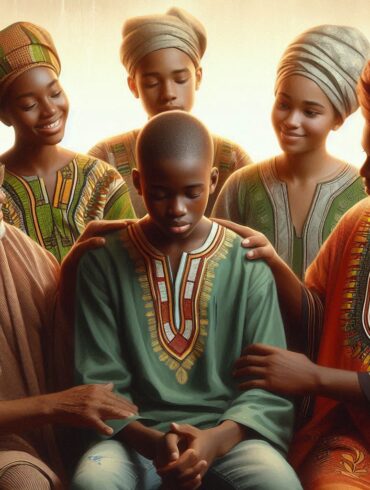Corporal Punishment: The Silent Epidemic Plaguing African Young People
As young people in Africa, we know all too well the harsh reality of corporal punishment. This outdated and harmful practice, where teachers and parents physically discipline kids through beatings, slapping, and other forms of violence, is still disturbingly common in Africa. In Kenya for example, even though it was officially banned way back in 2001, it still persists.
The effects of corporal punishment are devastating, both in the short and long-term. When we experience this kind of abuse, it can lead to depression, anxiety, and even PTSD. The trauma of being constantly hit, humiliated, and living in fear of punishment stays with us well into adulthood. It shapes how we see ourselves, how we interact with others, and our overall mental health and wellbeing.

Here’s the challenge – even when young people in Africa get access to therapy or counseling, the deeply rooted problem of corporal punishment in our homes and schools often remains unaddressed. Telling us to “just talk to someone” isn’t enough. Unless we also work to change the toxic environments and systems that are causing this trauma in the first place, the progress made in therapy can quickly unravel.

At Jenga Africa, we’re taking a hard look at the root causes behind the mental health crisis facing young people in our continent. We know that adverse childhood experiences (ACEs) like corporal punishment are a major contributor. That’s why we’re not just telling young people to “talk to someone” – we’re fighting to create real, lasting change in the environments and systems that are harming us. We are working to dismantle the cultural norms and institutional practices that allow corporal punishment and adverse childhood experiences (ACEs) to persist.
Until we address these root causes, depression, self-harm, and tragically high suicide rates will continue to plague our generation. Join us in our mission to end corporal punishment and heal the trauma of ACEs. Read the stories of young Africans whose lives have been forever scarred by these issues, and help us build a future where all children can grow up feeling safe, valued, and free to thrive. [Click here to read the stories]

